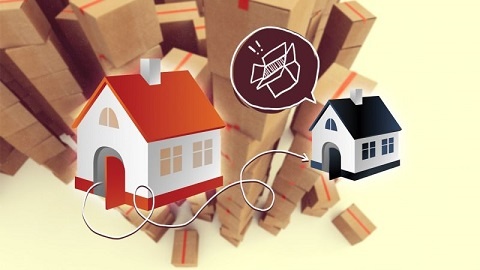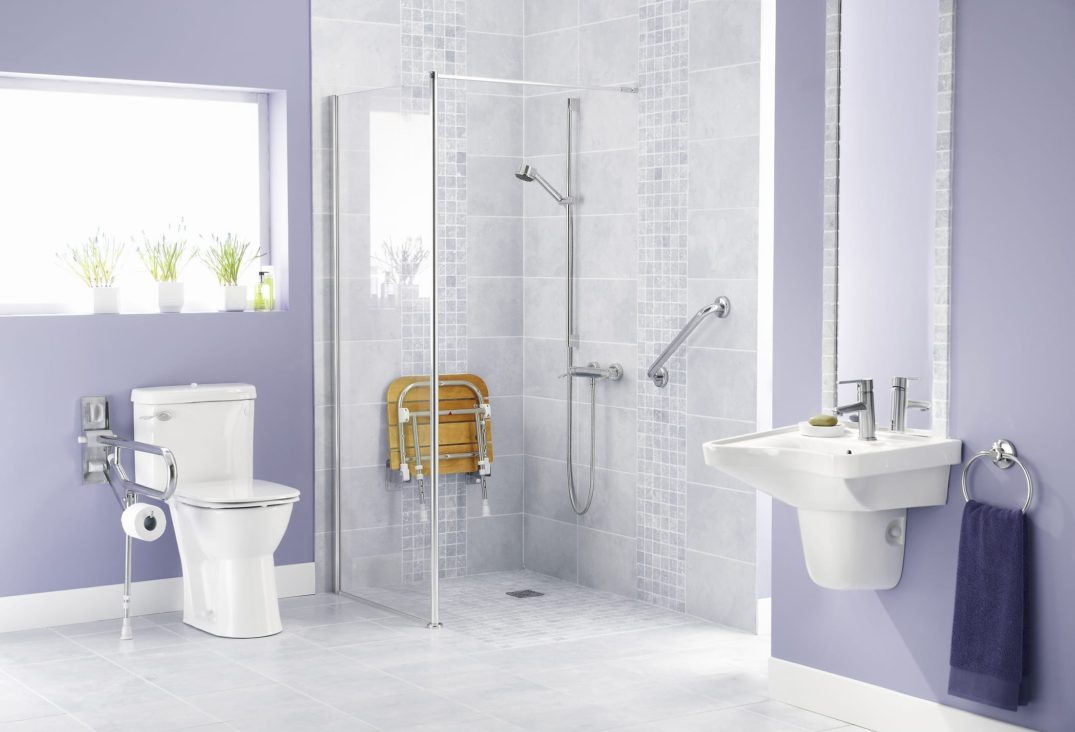Posts Tagged “senior independence”

For some people, moving from the family home is something to do only when you can no longer manage where you are. There is a certain amount of nostalgia built around staying in the Halifax home where you raised your kids, and where you created many of the most important memories of your life. Even…

